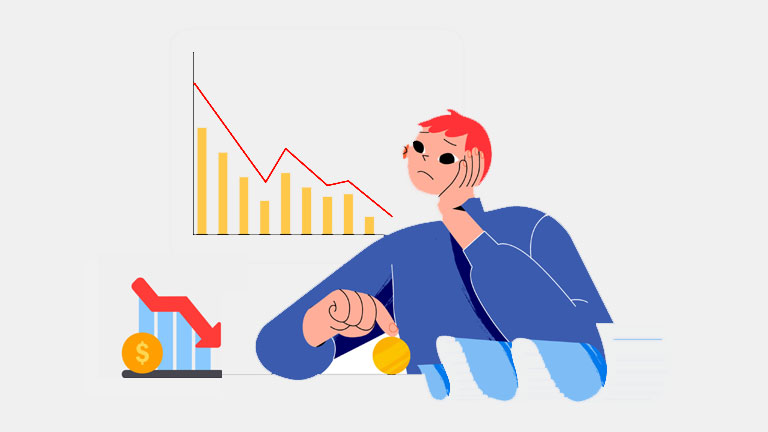
Many people simply examine the bankruptcy discharge option when deciding whether or not to file. Despite this being the primary motivation, there are other positive outcomes that might result from filing for either Chapter 7 or Chapter 13 bankruptcy. There are, however, certain drawbacks, so it’s crucial to be aware of them before getting started.
Advantage: Your debts are canceled
When people have so much debt that they can’t hope to ever pay it back, they often resort to bankruptcy as a last resort. Most consumer debts are dischargeable in a Chapter 7 bankruptcy. In Chapter 13 bankruptcy, certain debts may be discharged, but most of the debt is reorganized into a three-year repayment plan. A debt discharge releases you from liability for the debt, allowing you to start over financially.
The Inability to Get Rid of All Debt
If you qualify for a bankruptcy discharge, you may be able to eliminate a lot of your debt. The list includes things like back taxes, back alimony, and back child support. You should consult a lawyer to find out what kinds of debt you have and whether or not bankruptcy will wipe them out.
Positive: The Automatic Stay
Whenever a bankruptcy petition is filed, the court will immediately order a stay. While bankruptcy procedures are continuing, creditors and debt collectors are prohibited by the automatic stay from contacting you in an attempt to collect on the debt. Borrowers who have been bombarded with calls from debt collectors may now find some peace and quiet.
Negative Effect on Your Credit Rating
After declaring bankruptcy, your credit score will unavoidably decline. When you file for bankruptcy, your credit score will decrease anywhere from 100 to 200 points, even more in extreme cases. Many people who declare bankruptcy quickly see their scores recover to the 650s and 700s within two years. If you are considering filing for bankruptcy, consider taking help from a lawyer.
A Plus: It’s a Fast Method
Chapter 7 bankruptcy filings are processed quickly. From the time a case is filed until its conclusion is often only 90-120 days. This helps you experience the joy of debt freedom sooner and may protect you against any legal action initiated by creditors in the recent past. Until all debt is paid off per the Chapter 13 repayment plan, the bankruptcy filing cannot be deemed complete.




